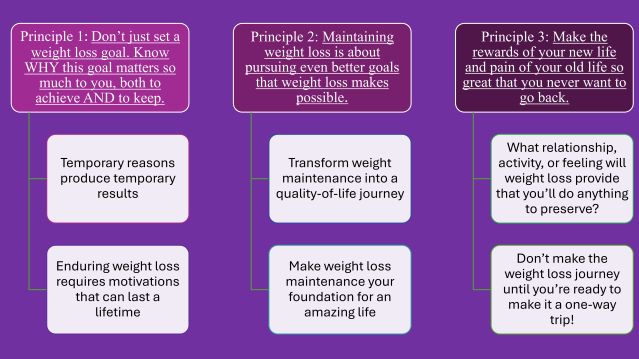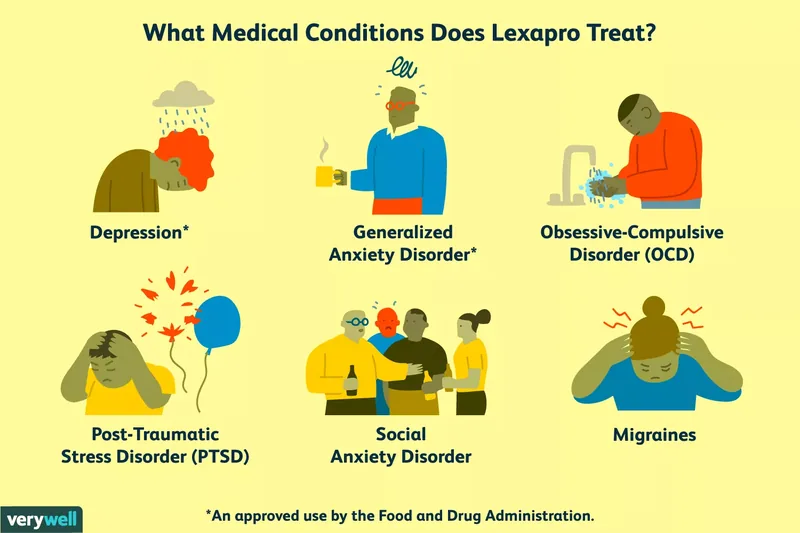In a world obsessed with quick fixes and calorie counting, many still struggle to achieve lasting weight loss. What if the real secret to weight loss isn't about eating less, but about eating better? For too long, the prevailing wisdom has been a simple equation: calories in minus calories out equals weight loss. Yet, as obesity rates continue to climb, reaching alarming levels in recent years (CDC, 2023), it's clear this simplistic approach is failing. The true path to sustainable weight management lies in understanding how what you eat fundamentally changes your body and brain chemistry, making healthy choices effortless. Routinova is here to reveal the overlooked key to unlocking your potential.
Why the Old Rules Aren't Working Anymore
Our bodies are masterpieces of evolution, designed to survive periods of scarcity by resisting weight loss and craving calorie-dense foods. This ancient programming clashes dramatically with our modern food environment, where highly rewarding, ultra-processed foods (UPFs) are ubiquitous and constantly marketed. When we drastically cut calories, our brains often respond with intense urges to consume more, making sustained deprivation a losing battle. This isn't a lack of willpower; it's a biological response to a challenging environment.
What is the Real Secret to Sustainable Weight Loss?
The real secret to weight loss isn't about counting every calorie, but about prioritizing the quality of your food. Emerging research consistently shows that focusing on whole, minimally processed foods (MPFs) over ultra-processed options leads to natural calorie reduction and sustainable weight management. This shift helps your body regulate appetite more effectively, reduces cravings, and even rewires your brain to prefer healthier choices (Harvard, 2024). It's a game-changer for anyone seeking lasting results.
The Science Behind Food Quality: A Recent Breakthrough
A pivotal study published in Nature Medicine offers compelling evidence that food quality is the overlooked key to the weight loss puzzle. Researchers conducted a randomized clinical crossover trial with overweight individuals who typically consumed over 50 percent of their calories from UPFs. Participants were given either an ad libitum UPF diet or a minimally processed food (MPF) diet, with all meals and snacks provided. After eight weeks, they switched diets, ensuring a direct comparison.
Remarkably, even though both diets were matched in nutrient levels and maximum energy intake, the MPF diet led to significantly greater body weight loss (2 percent) and more fat mass loss compared to the UPF diet. Participants on the MPF diet naturally reduced their daily calorie intake by an average of 170 kcal more than those on the UPF diet, without any explicit calorie restriction. This highlights a powerful insight: when you eat better, you often eat less, effortlessly.
How Whole Foods Naturally Promote Weight Loss
The mechanisms behind why diets rich in whole foods cause people to eat less are fascinating and multi-faceted. It's not just about feeling full; it's about deep biological signals that influence our eating behavior and satisfaction.
Prioritize Whole, Minimally Processed Foods
Whole foods, by their very nature, are less energy-dense than their ultra-processed counterparts. Think of a bowl of oats with berries versus a sugary breakfast cereal, or an apple with nuts compared to a packaged snack cake. You can consume a larger volume of whole foods for fewer calories, leading to greater physical fullness. This bulk, rich in fiber and water, plays a crucial role in signaling satiety to your brain.
Understand the Power of Satiety and the Vagus Nerve
When you eat, food stretches receptors in your stomach. This stretching activates the vagus nerve, a critical communication highway between your gut and brain. Vagus nerve activation promotes feelings of fullness, integrating with neurohormones like leptin to influence your eating behavior. However, highly rewarding UPFs, often laden with excessive fat and sugar, can inhibit this vagus nerve activation. This blunts the natural inhibitory effects of eating, meaning you can consume more without feeling truly satisfied, a common challenge in the pursuit of secret weight loss.
Tame Your Hedonic Appetite
Beyond physical fullness, whole foods also help to curb









